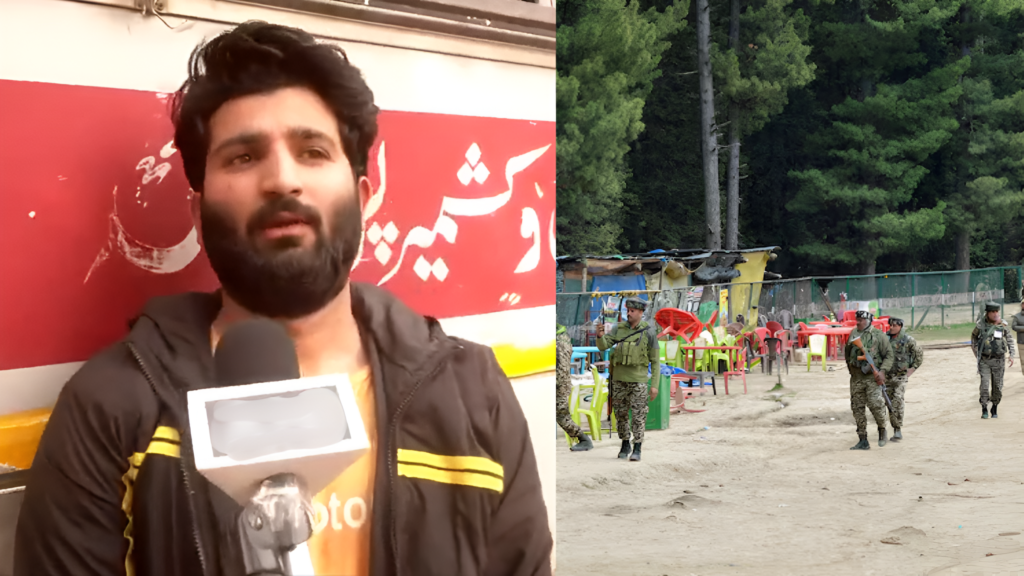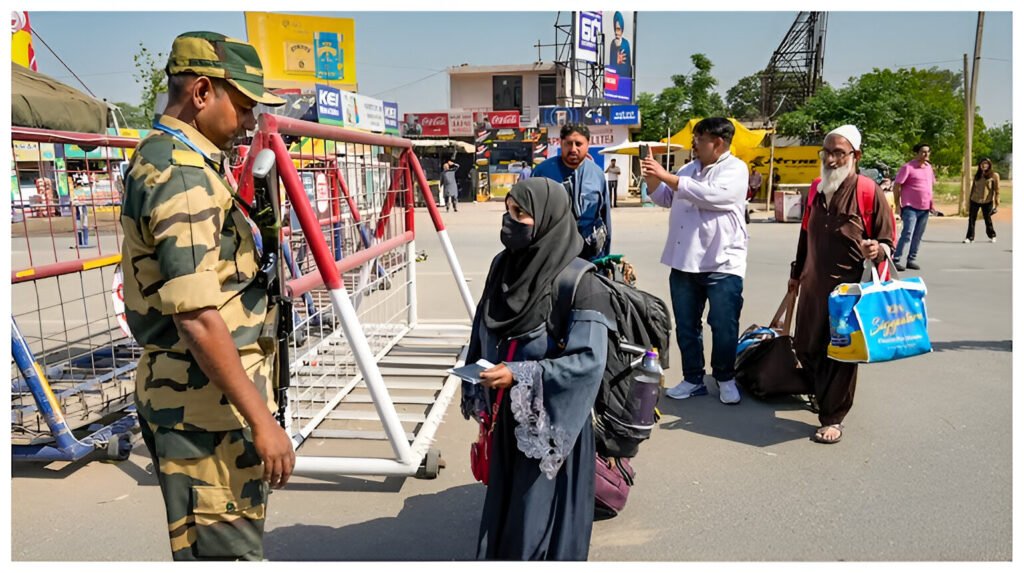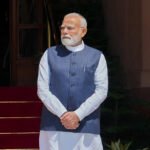
The terror attack on Pahalgam resulted in the death of 26 Indian tourists and escalated the tension between India and Pakistan. In the wake of the heightened strain, an Indian national by the name of Osama, who lived in India for 17 years, was brought through the Attari-Wagah border. He was in the news for all the wrong reasons as he held Indian identification documents like an Aadhaar card, voter’s ID, and ration card.
Osama’s Journey and Life in India
Osama, who hails from Rawalpindi, Pakistan, came to India in 2008 as a student. His life in India has not been the worst, as he completed his education and even earned a bachelor’s degree in computer science. He was planning to give job interviews; however, after the incident, Osama has been extremely frustrated with what seems like an arbitrary decision.
Possession of Indian Documents: A Controversial Revelation
What makes Osama’s case unique is his assertion of Indian identification documents. “I have cast my vote here. I have an Aadhaar card, I have an election card, and I have a ration card,” he recalled. These claims do not raise the possibility of issuance of such documents to foreign nationals, and the gaps in the verification systems are also questionable.
Government’s Directive and Its Implications
The Indian government responded to the Pahalgam attack by canceling visas for Pakistani nationals and closing the Attari-Wagah border. Accordingly, 786 Pakistani nationals left India through this border on the 24th of April, within a period of six days. The directive also stated that all Pakistani nationals were to be out of India by the 27th of April, except those carrying diplomatic, official, or long-term visas, which were exempted.

Emotional Farewells at the Border
The deportation orders sparked emotionally charged moments at the Attari-Wagah border. People who had spent decades in India were exiled from their homes, lives, and families. “I appeal to the government to give us some time.” Osama’s speech brought focus to the sentiment behind the geopolitical conflict. “There are families here who have been living here for the past 20 years.”
Perils Associated With Examination Procedures and Identity Verification Systems
The fact that Osama possesses Indian ID documents raises concern about the country’s security verification system. The fact that a foreigner seems to have an Indian ID issued raises the possibility of a system break. This incident reveals the critical importance of preventing inappropriate access to official identification, which can otherwise result in grievous consequences.
Political Diastrophism and Global Conflict
Ongoing conflicts between India and Pakistan are being exacerbated by the recent Pahalgam attack. India put the blame on Pakistan for fostering the culture of terrorism across borders, enabling the use of ‘proxy’ terrorism as a retaliatory step. This attack also resulted in sending Pakistani diplomats out of Indian territory. Pakistan responded by closing their airspace to their Indian counterparts and halting the issuance of visas to Indian citizens and residents.
Final Analysis: Simultaneously Discovering the Stratagems Behind Captivating Possibilities
In terms of geopolitical clashes, Osama is one example of people having to bear the brunt of living in such a world. A gentle reminder of why we need such systems that efficiently encapsulate movements across borders without being restricted to fences or walls. As India and Pakistan make attempts to get smoother through this rough patch, they will have to focus more on identification and humanitarian relief operations.











